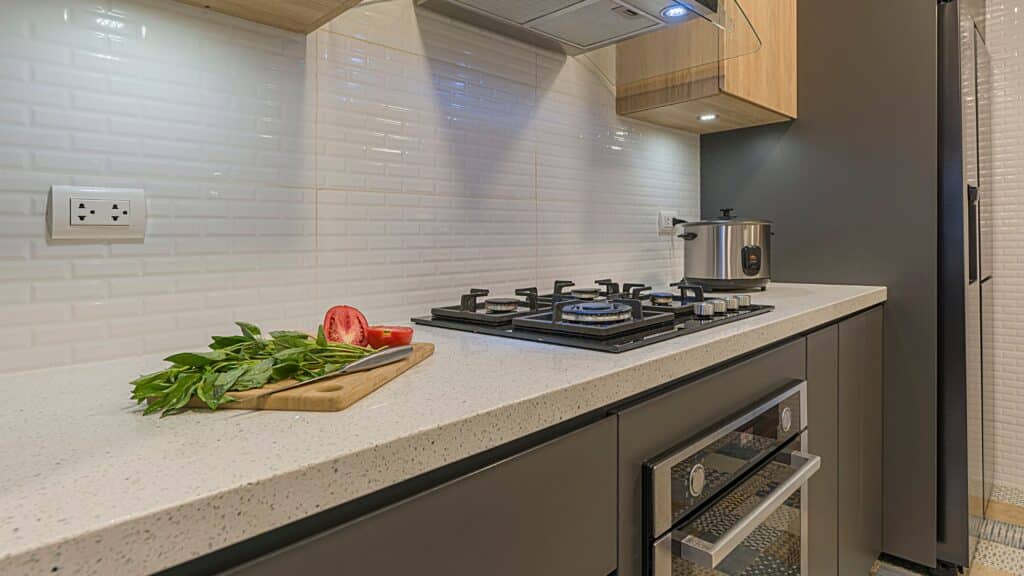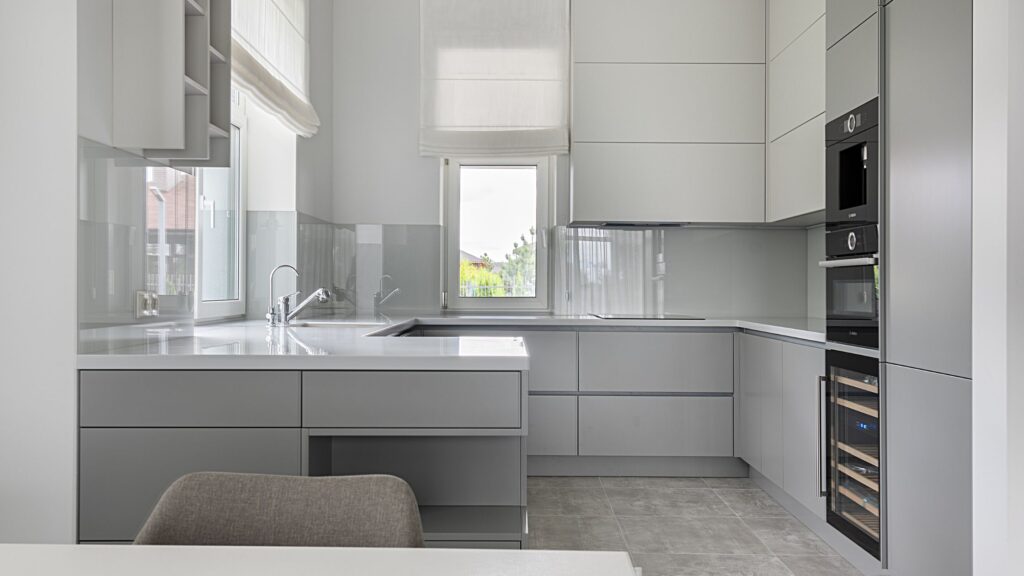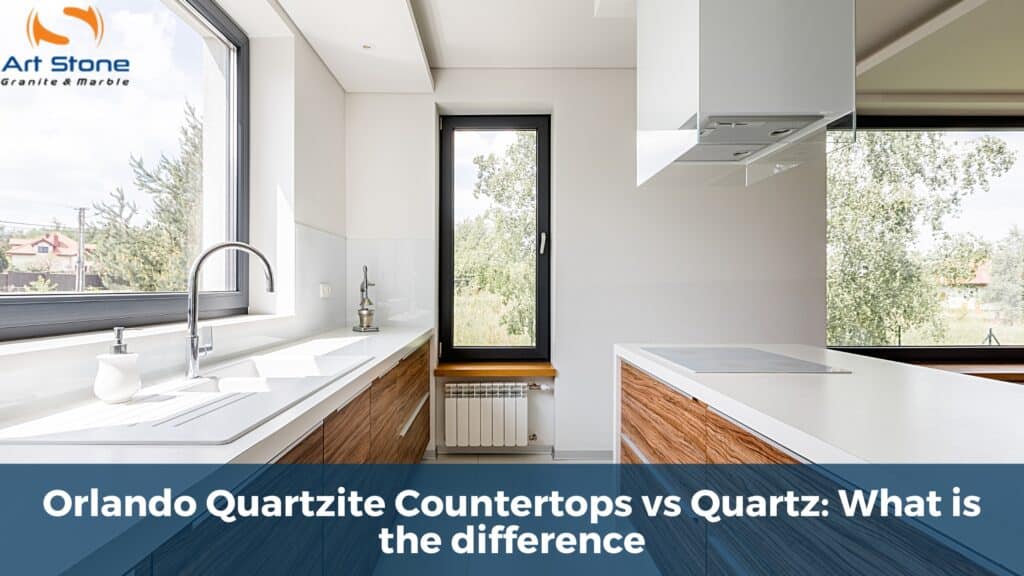Indeed, even some plan-keen clients and industry specialists can’t tell the distinctions between quartzite and Orlando quartzite countertops. Many even use the names reciprocally.
Every material has its advantages and disadvantages, so realizing the verified differences is important, particularly if you are thinking about any of these choices for your kitchen countertop.
Here is the correlation of Orlando quartz and quartzite countertops to help you make a decision.
Quartz and Quartzite Countertops: A Definite Correlation
Quartzite Is Natural, Quartz Is Engineered
Orlando quartzite count is a natural stone. It’s shaped underneath the earth’s surface when sandstone rich in quartz is changed through high pressure and temperature and afterward mined and cut into slabs.
The quartz used in countertops is an engineered stone formed and made into slabs in a production line. It’s made out of generally 90% ground quartz (the genuine mineral), with the excess 10% being a combination of pitches, polymers, and shades that change depending on the manufacturer.

Quartz Comes in Extra Colors and Patterns; Quartzite Holds Its Natural Look
Orlando Quartzite countertops have advantages and disadvantages, just like quartz countertops. For example, the shades added to quartz can make a wide assortment of colors, from light blues and profound pinks to violet or orange. Quartzite comes, for the most part, in shades of white or black, however the iron oxide in the stone can lend a pink or red tint.
Since quartzite slabs hold the granular and sugar-like surface of quartz-rich sandstone, they have a marginally coarser, more natural look. On the other hand, the pitch that ties quartz together gives the slabs a smooth and consistent completion but with a manufactured look.
Quartzite is More Scratch and Corrosive Resistant
Most homeowners are concerned if their countertop will resist heat and staining, particularly families with small kids. Quartzite wins regarding heat opposition, making it an excellent decision for kitchen countertops. While a sharp edge is probably not going to scratch either material, you should avoid cutting food directly on quartz. This is because the acids and the saps in the countertop make it more inclined to carving which results in dull white spots. Light blade scratches on a quartzite countertop won’t cause such drawing.
Quartzite Can Take the Heat
You can put hot baking dishes or skillets on Orlando quartzite countertops. But the pitch used to tie quartz softens at around 300°F. Subsequently, a hot dish or skillet could leave a permanent burn blemish on a quartz countertop.
Quartz Is More Affordable
Like all naturally-happening materials, quartzite can be costly. The typical expense per square foot for quartzite is $70 to $200. Furthermore, you will be forced to buy quartzite in bulk in the event that there is breakage during installation. If you are working with enormous spaces, you might have to buy a considerable amount of overabundant quartzite to match each piece and complete your countertop installation.

Quartz will cost you $60 to $150 per square foot. Buying in bulk isn’t needed because quartz offers consistency across every slab.
Quartz Repulses Dampness and Organisms Without Sealer
Various countertops call for various upkeep and cleaning strategies. For instance, due to its limiting interaction, an engineered stone like quartz has a non-permeable surface and doesn’t need sealing. Keeping a quartz countertop tidy only requires cleaning up spills with a wet material, or scouring dried stains with a delicate wipe. For routine cleaning, splash a surface cleaner over the whole countertop, let it stay for 10 minutes, and afterward wipe it down with a delicate wipe.
While quartzite can be cleaned utilizing the same strategies, its permeable surface is profoundly powerless to staining and bacterial intrusions if it is not sealed before installation and yearly from there on.
Weight
Quartzite slabs weigh much less, at around 20 pounds per square foot compared to 20 to 25 pounds for each square foot for quartz slabs. This implies neither of these weighty materials is suggested for Do-It-Yourself countertop installation.
Installing quartz or Orlando quartzite countertops in your home will give different advantages, including wonderful looks and simple support. Regardless of their disparities, both are top notch countertop choices and your choice is a question of individual inclination. Ideally now you have enough info to help you settle on an educated choice.
When it comes to buying kitchen countertops near me, there are a variety of things to consider. From budgeting to selecting the best material, there are plenty of factors to consider when making your decision. At Art Stone Surfaces, we are dedicated to helping you get the perfect countertop for your kitchen. Our team of experts can provide you with the advice and guidance you need to make the best decision for your home. Visit our website at www.artstonesurfaces.com to learn more about our services and products.



